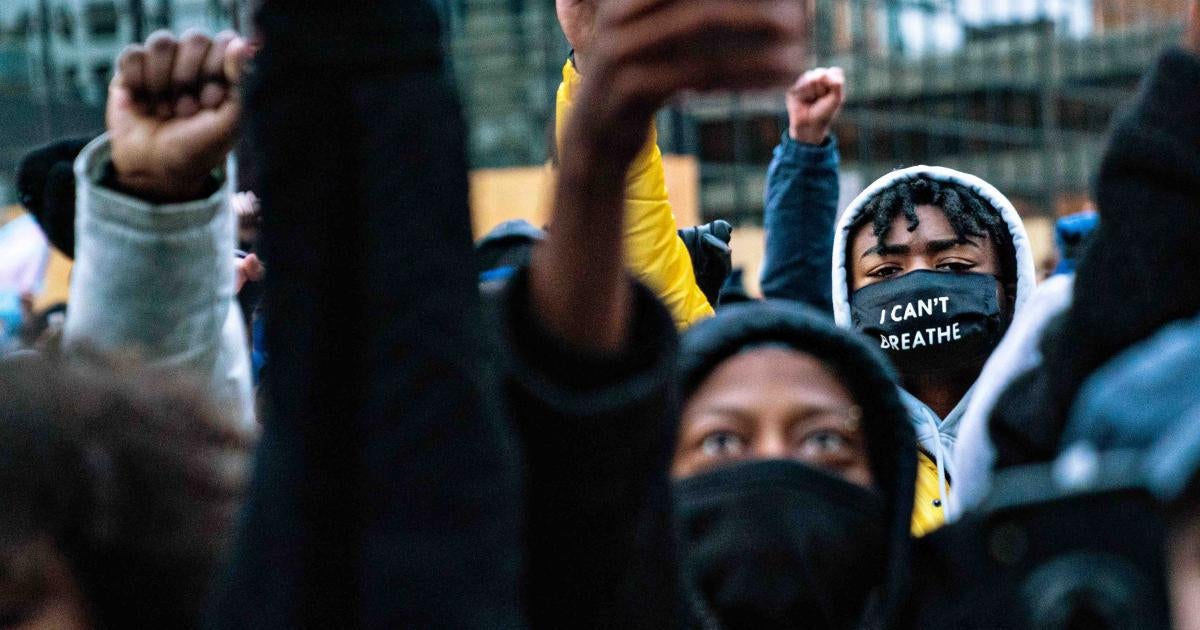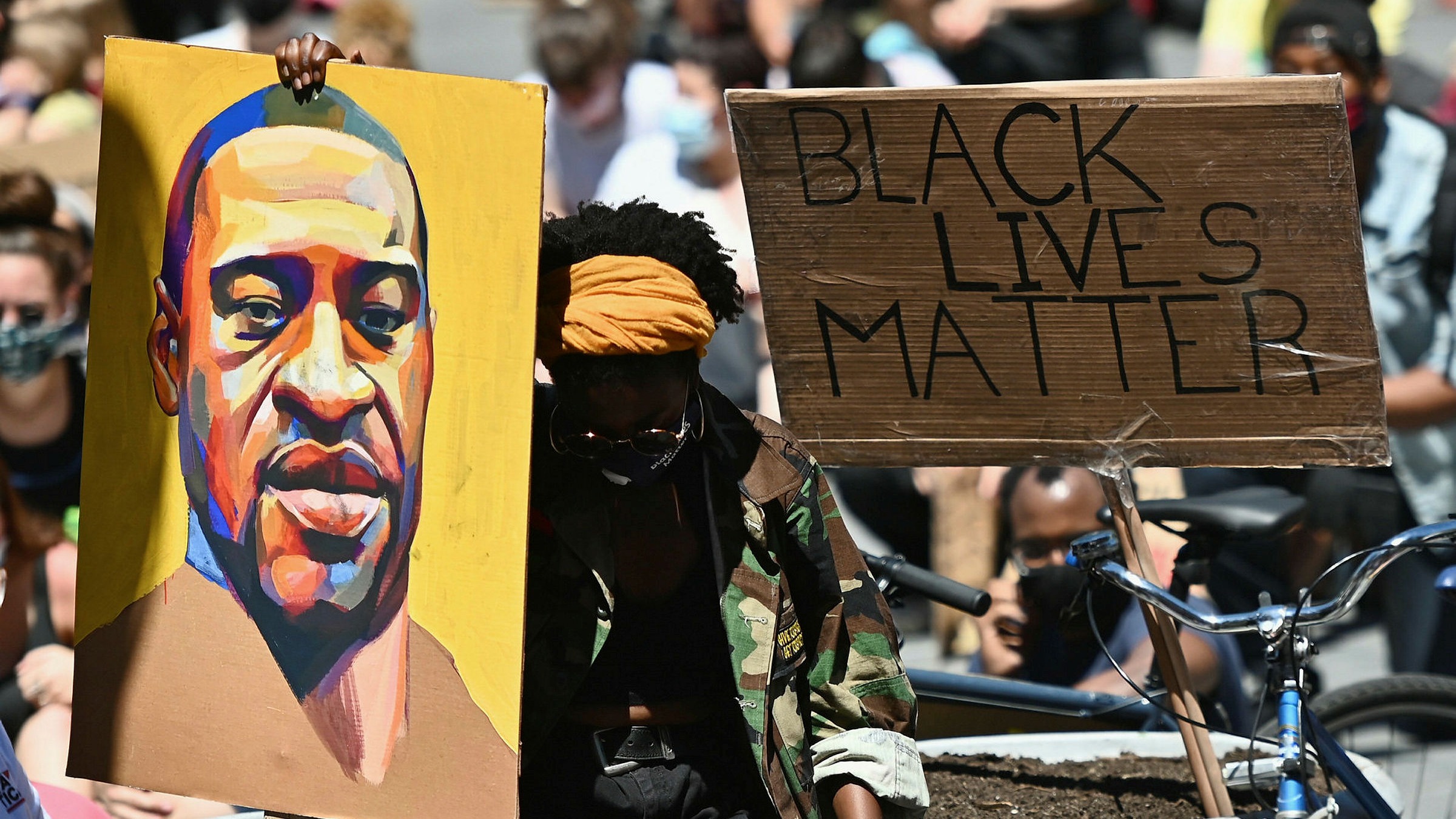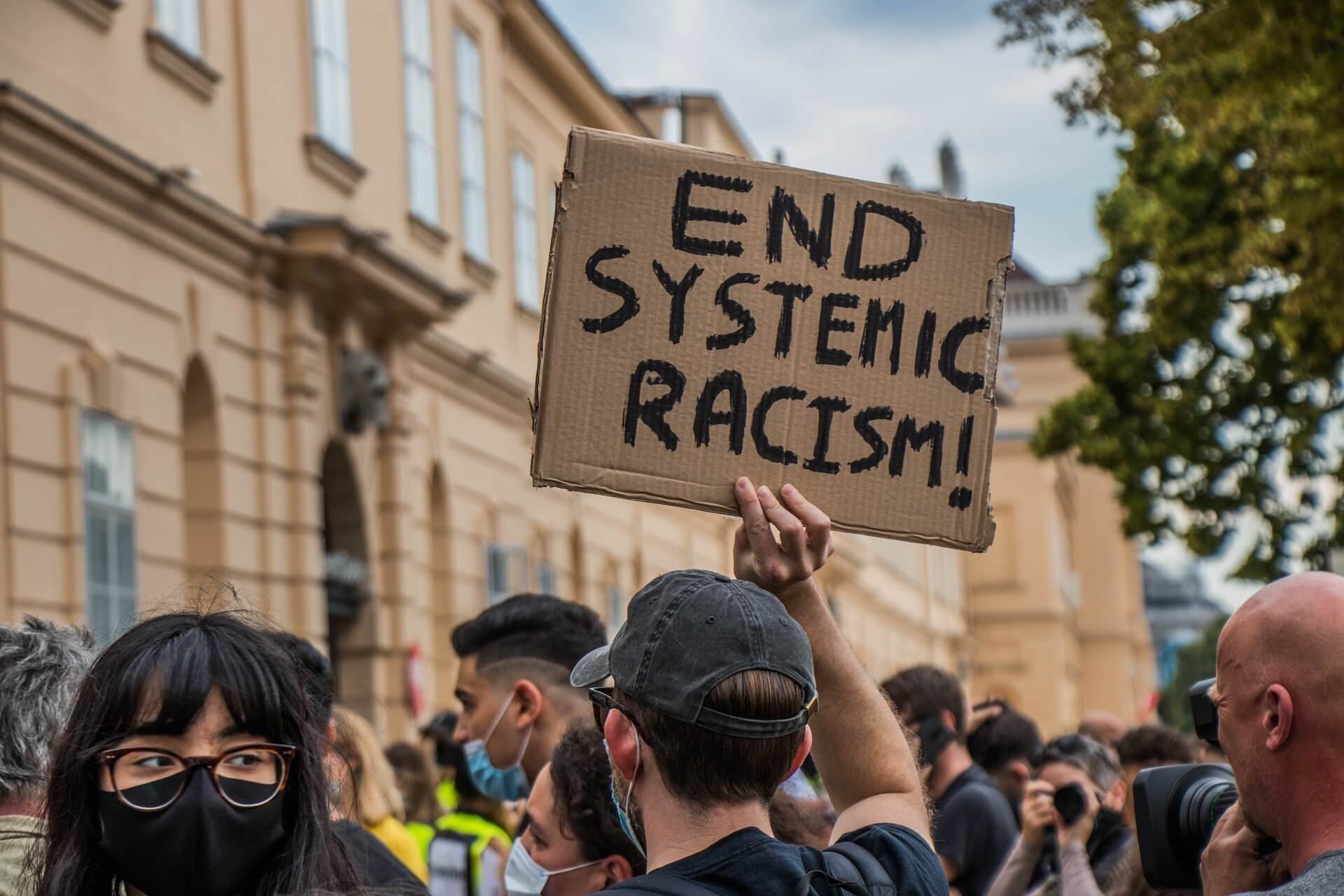Introduction
Racial discrimination is an issue that continues to plague societies across the globe. Despite significant progress in recent decades, discrimination based on race remains a persistent problem. The effects of discrimination can be devastating, with individuals and communities suffering from a range of negative consequences. This article will explore the issue of racial discrimination, highlighting some of the most significant facts and examples of this phenomenon.
What is Racial Discrimination?
Racial discrimination is any act or practice that treats people differently on the basis of their race or ethnicity. This discrimination can take many forms, including exclusion, marginalization, harassment, and violence. Discrimination based on race can occur in any area of life, including education, employment, housing, and healthcare.
Examples of Racial Discrimination
Racial discrimination can take many different forms, and the examples are too numerous to list in full. Here are some of the most common examples of racial discrimination:
Employment Discrimination: This is the most common form of racial discrimination. It involves the unfair treatment of individuals based on their race or ethnicity when it comes to hiring, firing, promotions, or job assignments.
Education Discrimination: Education discrimination refers to the unfair treatment of students based on their race or ethnicity. It can include lower academic expectations, lower-quality teachers and facilities, and exclusion from advanced courses.
Housing Discrimination: Housing discrimination occurs when individuals are denied housing on the basis of their race or ethnicity. This can include being denied a mortgage or rental lease, being charged higher rents, or being steered towards certain neighborhoods based on race.
Healthcare Discrimination: Healthcare discrimination refers to the unequal treatment of individuals based on their race or ethnicity. This can include lower-quality care, inadequate access to healthcare, and disparities in health outcomes.
Facts about Racial Discrimination
Here are some important facts about racial discrimination:
- Racial discrimination remains a significant problem in many countries, including the United States, United Kingdom, and Australia.
- Discrimination based on race can have serious consequences, including mental health problems, lower educational attainment, and lower income levels.
- Research has shown that unconscious biases can lead to discrimination even when individuals are not consciously aware of it.
- Discrimination can occur even when individuals hold no overtly racist beliefs.
- Discrimination can be perpetuated by institutions and systems, not just individuals.
How to Fight Racial Discrimination
Fighting racial discrimination is essential to creating a fairer and more just society. Here are some ways to fight racial discrimination:
- Educate Yourself: Learn about the history of racial discrimination and the ways it manifests in society today. This can help you recognize instances of discrimination and work to address them.
- Speak Out: When you witness discrimination, speak out against it. Silence only perpetuates the problem.
- Advocate for Change: Contact your elected officials and advocate for policies that promote equality and combat discrimination.
- Support Anti-Discrimination Organizations: Support organizations that work to combat discrimination, including those that provide legal aid to victims of discrimination.
- Diversify Your Social and Professional Networks: Seek out relationships with individuals from different racial and ethnic backgrounds. This can help break down barriers and promote understanding.
Conclusion
Racial discrimination remains a significant problem in society, but there are steps we can take to fight against it. By educating ourselves, speaking out, advocating for change, supporting anti-discrimination organizations, and diversifying our networks, we can work towards creating a more just and equitable world. We must all do our part to combat discrimination and create a society that values diversity and equality.



Comments
Post a Comment